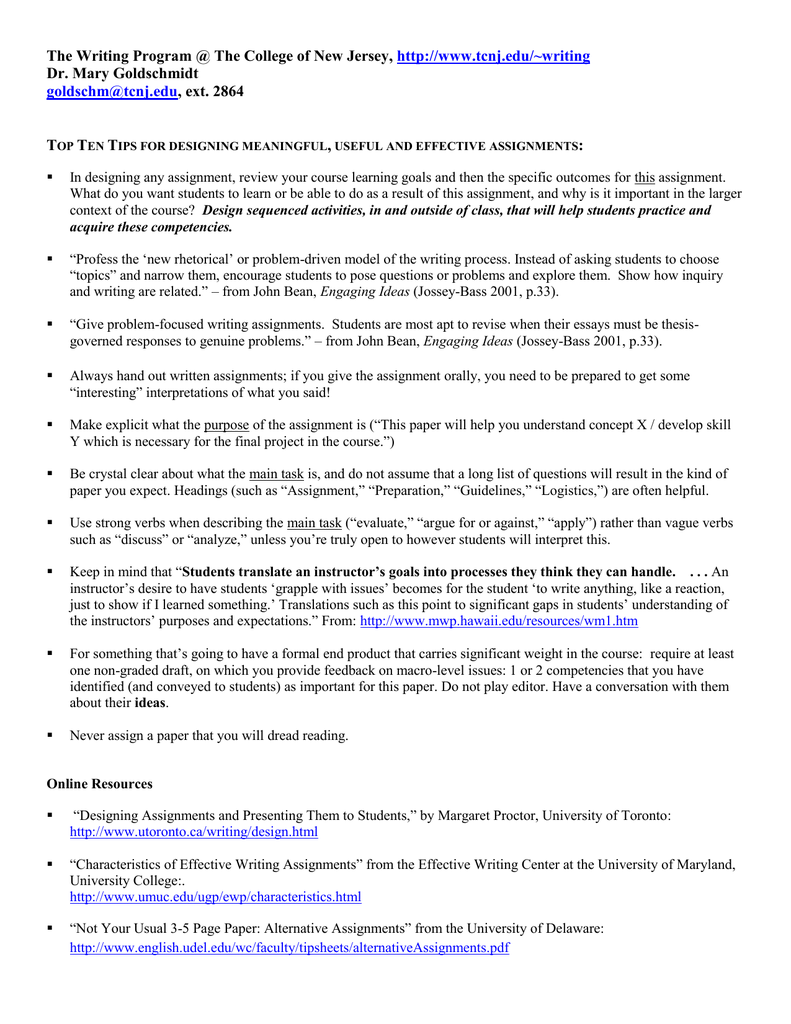
Why would a smart person keep at least a $100 balance in their checking account at all times? Which answer is MOST correct?Ī You never know when unexpected fees or expenses will hit your checking account. So, you're less likely to overdraw your account if you always keep a hundred dollar balance. And you can at times forget to write down a payment you make with your checking account or debit/ATM card. True Some financial institutions can be really bad about putting unexpected charges on your checking account.įalse A You never know when unexpected fees or expenses will hit your checking account. Why?ī The balance you see on the ATM machine or online may not include payments that haven't yet been deducted from your balance. It is stupid to trust an ATM machine to tell you the correct balance in your account. True It's stupid to trust an ATM machine to tell you your checking account balance.įalse B The balance you see on the ATM machine or online may not include payments that haven't yet been deducted from your balance. What should you do when you open a checking account?Ī Open a savings account at the same time you open your checking account.ī Link your checking account to your savings account.Ĭ Try to sign up for true overdraft protection, even though you have to pay for it.ĭ All of the above. What is the maximum amount of money you should spend?ĭ $525. Should you write that check?ĭ I was absent the day they taught that in math. Tomorrow, you want to pay a $600 bill with a check. The teller says that the $700 check is on hold for five days. You have $400 in your checking account, and deposit a check for $700.


Which statement best describes putting a "hold" on a check?Ī You deposit a check in your checking account, and the teller tells you the money will clear tomorrow.ī You deposit a check in your checking account, and the teller tells you the money will be available in five days.Ĭ The bank teller holds the check until the person who wrote the check goes to the bank.ĭ The teller keeps your check in the cash drawer for a few days. B You deposit a check in your checking account, and the teller tells you the money will be available in five days. When you pay with a credit card, you are always borrowing money.ī When you pay with a debit or ATM card, you borrow money from a company.Ĭ When you pay with a credit card, the money you are spending comes straight out of your own account.ĭ When you pay with a debit card you must pay back the money you spent and must pay interest. But what is the biggest difference between an ATM card or debit card, and a credit card? Choose the one right answer.Ī When you pay with a debit or ATM card, you are not borrowing money. ATM cards and debit cards are much alike. When you pay with a credit card, you are always borrowing money. A When you pay with a debit or ATM card, you are not borrowing money.


 0 kommentar(er)
0 kommentar(er)
